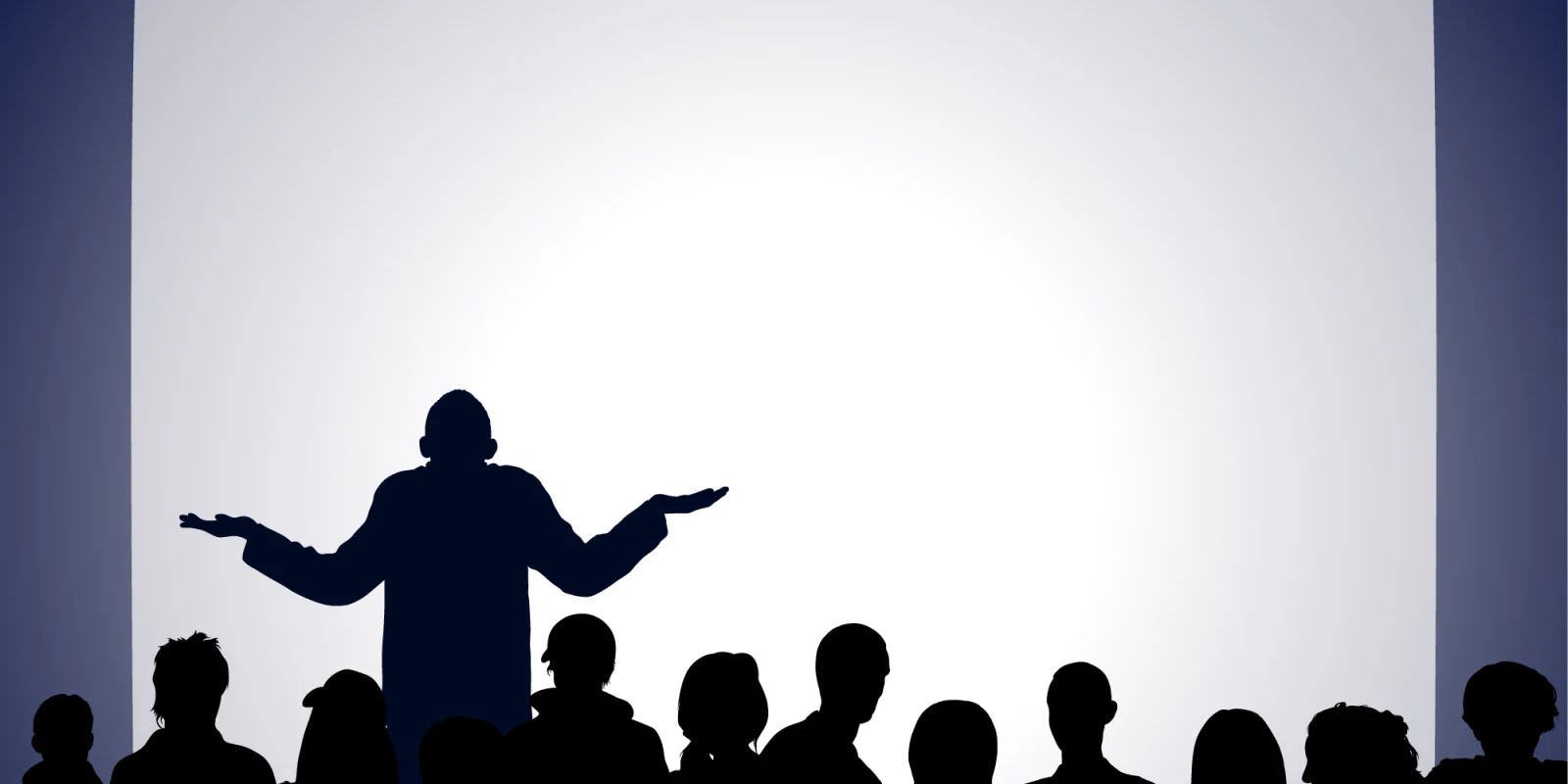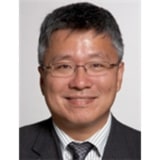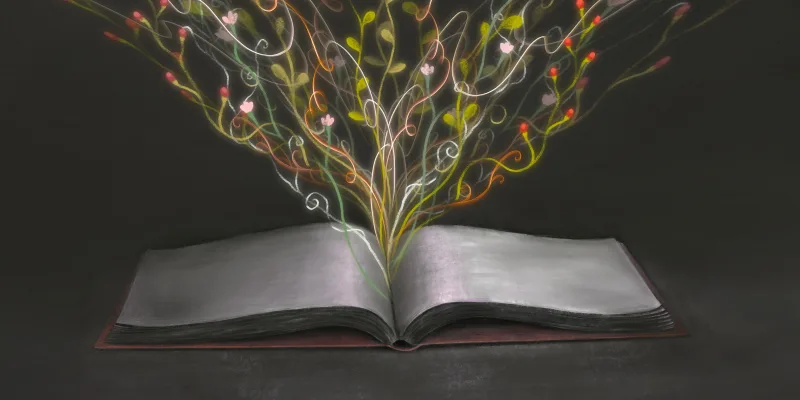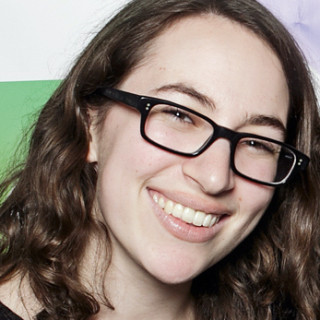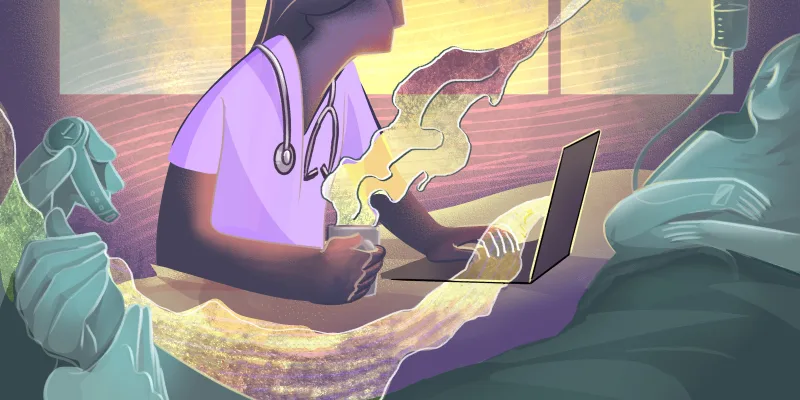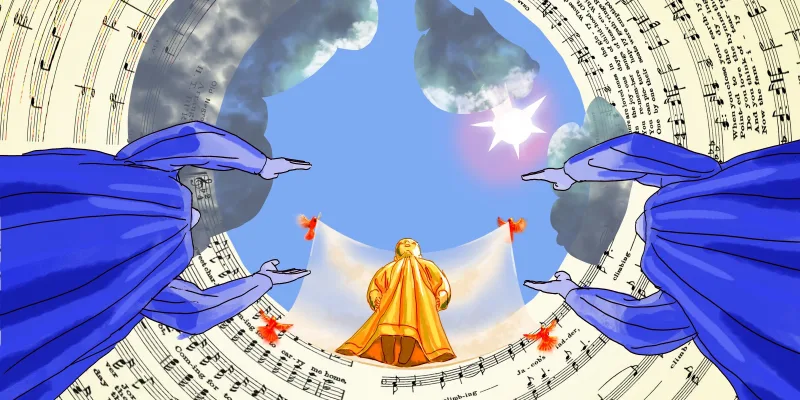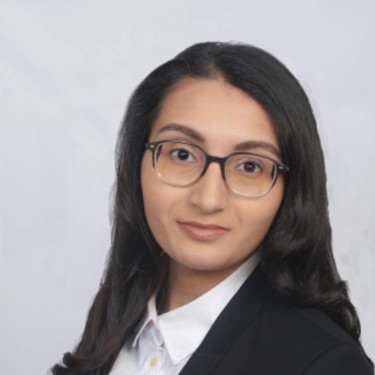
Silence….
There I stood on the podium in front of 500 or more colleagues. I was the discussant for three posters, had my slides loaded, and was ready to go. Had been introduced by the panel moderators, standing at the lectern. Bright lights aimed at my head. As I thanked the Program Committee for allowing me to discuss these “three excellent abstracts,” I clicked the left and right buttons, spun the wheel on the mouse, and nothing happened.
“How do you advance? Oh. OK. Sorry. Yes. Am I hitting the right, left? I'm sorry. I'm hitting it.”
No one from the AV squad spoke. I waited and felt alone. It was only a few seconds but it felt like a very, very long time.
“OK, well. I'm going to talk while somebody comes to help me. Can somebody help me advance my slides?”
Of course, I was hoping it was not just me, missing some obvious button. I have given hundreds of talks, so it seemed that something was definitely broken. Finally, a technician showed up and started replacing the mouse. While the tech continued to work, I started to speak after two minutes of silence.
“How is everybody?” I said in an upbeat, cheerful way. The audience roared their approval, probably sympathetic to my technical plight.
“Well, I mean, maybe we can start with talking a little bit about the oral session yesterday. In fact, we know that it's actually a very exciting time. And I think what we're seeing more and more of is the incorporation of science into our clinical care. The topic of my talk is really to address how we're incorporating molecular changes in prostate cancer into our therapeutic choices for our patients. And unfortunately, we are behind other fields in this regard.”
I was “winging it,” filling airtime with an ad hoc editorial the way television anchors speak when the videotape does not play as planned on the evening news.
“Should I try? I can see that one. Oh, it's still not working. Well, yeah, what I see here is different from what's on the screen.”
Nope, still not working. The tech ran off the stage.
"So in any case, I think our goals right now, as GU oncologists and as scientists and clinicians working in the field, is really to try to understand how these molecular changes may be influencing what we actually do for patients. And many of the drugs that are in development are intended to target these resistance pathways. We've, I think we’ve exhausted, or close to exhausted, the androgen receptor (AR) pathway. So the question of my talk is really …”
The tech handed me a new device to advance my slides.
“… is really whether we’re able to go beyond the AR pathway. So, let’s try.” Thankfully, my slides are advancing. “OK. All right. This is working!”
After three minutes and 54 seconds, my slides were finally working. I launched into my talk and completed it uneventfully. How do I remember so much of what I said and how long it took? Well it was all taped and posted on the website!
This got me to thinking about how much we take for granted technologically. The ASCO meeting had hundreds of talks happen seamlessly (except mine) and all taped for review later. These are incredible tools for learning and it’s only when there’s an issue that we remember how far we have come.
After the event, I received some kind words from colleagues and friends about how they enjoyed my talk and how I had handled the technical mishap. I thought about whether I should’ve had a joke on hand or told the story of my first ASCO meeting. I recounted on Twitter how this reminded me of the nightmare of running away from someone but not getting anywhere (or maybe it’s more like the one where you are about to take a test that you have not studied for?)
In the end, ASCO 2019 was yet another learning experience for me. This meeting of more than 40,000 oncology professionals from around the world, which I have attended for more than 20 years, represents an incredible forum for science, new treatments, and professional growth and education in cancer. Even if I was not able to advance my slides for almost four minutes, ASCO 2019 advanced cancer research and therapy for patients around the world.
What lessons can I offer if you are in the same situation? First, don’t say nothing. Speaking is better than stone-cold silence. Second, have a short story or saying that you can tell anywhere, hopefully witty and inspiring. Quoting Mark Twain is always a good option: “If you tell the truth, you don’t have to remember anything.” Finally, have a good attitude. People express sympathy if something goes wrong beyond your control. Turn that sympathy into a moment of reflection as I did, talking about the increasing role of precision medicine in oncology. Maybe your talk will be even more memorable than if the mishap had never occurred!
Dr. Oh tweets at @williamohmd.
